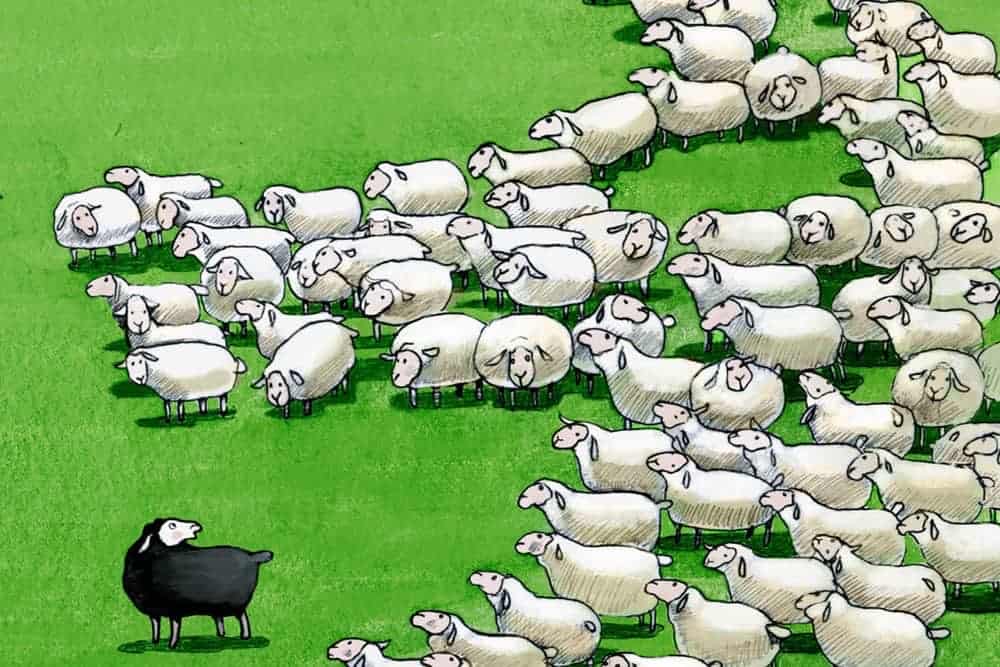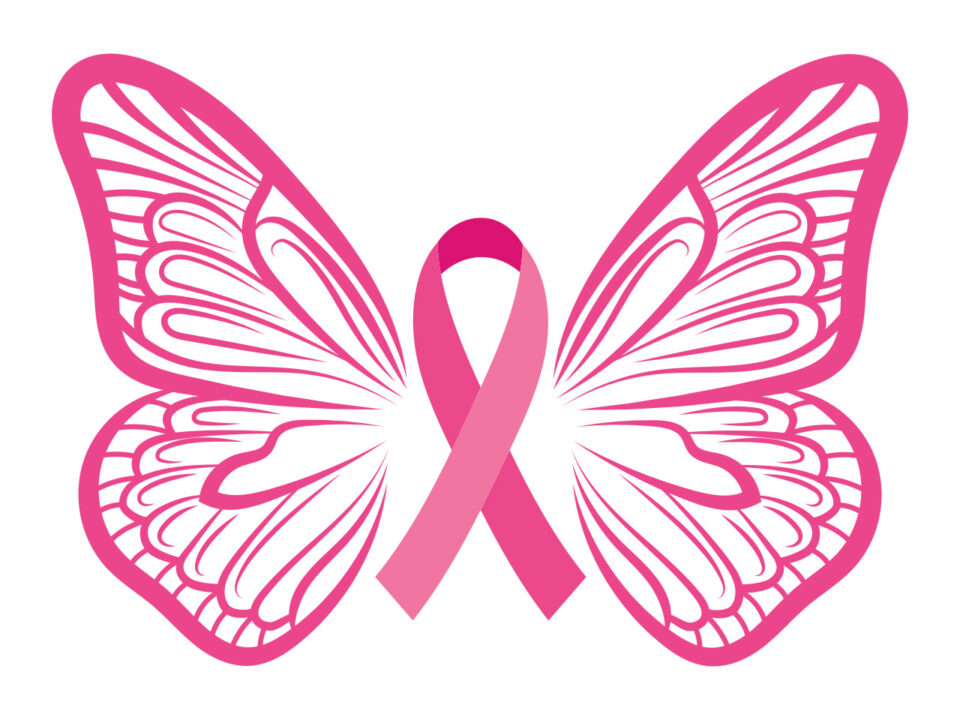STOCKTON: Going into high school, freshmen are often warned about behaving the wrong way. After all, you can’t be bringing in those silly middle school shenanigans unless you want to be everyone’s object of derision. A big reason why this happens is because there’s a stigma against freshmen, owing to their being new and lack of experience—or so we’ve been told.
Just last week, I conducted a survey to gather some data on whether or not freshmen are actually treated worse than everybody else. My motivation? Well, as someone who’s currently a senior, I began high school in 2020, at the height of quarantine. From what I remember of the last 2 or so months of my freshman year, when we were finally allowed to return to school, there was this older guy, a senior from the looks of it, who stopped me in my tracks as I was going to the Huddle for lunch. He yelled out, “Hey! Running for hot lunch isn’t worth it!” I may have scoffed under my mask at first, but the rest of the way to the Huddle, I walked. Needless to say, this moment stuck with me a bit. The way I saw it, this was just a rite of passage, and I should’ve seen it coming.
I wanted to see if this still holds true, if freshmen are still subjected to this sort of treatment. To that end, I sent out a Google Form to some of this year’s sophomores. It had 3 questions. The first of these 3 questions was: “Do you feel that you are treated differently as a sophomore than you were as a freshman?”, to which the 3 possible responses were “Yes, better.”, “Yes, worse.”, and “No, it’s been the same.” The following two questions were clarifying follow-ups, asking for specific examples of negative or positive treatment if possible.
So, did my survey bust a myth or did it serve as further proof of a long-standing high school cliché? I’ll say this. Given my tiny sample of 22 students, the results of my survey cannot be used as evidence for any conclusion, let alone anything definitive and ambitious. That being said, the data I collected did reveal some interesting things, maybe even scandalous! Of the 22 total respondents, 18 responded with “No, it’s been the same.” Of the remaining 4, 3 responded with “Yes, better.” and only 1 responded with “Yes, worse.”
From these numbers, it seems as though the whole stigma against freshmen is just one big lie, but—like I said above—my sample is too small to glean anything meaningful from. What was really interesting, however, was that lone respondent who said they’re treated worse now than they were in their freshman year. For all my talk of clichés, mythbusting, rites of passage, proverbial high school truths, and my feeble attempts at sensationalizing, there is something deeper to this: what we, both students and staff, owe to each other. My hope with this article is that it sparks honest dialogue about and investigation into the quality of our instruction. Teachers teach. Students learn. Let’s try our best to keep it that way.









